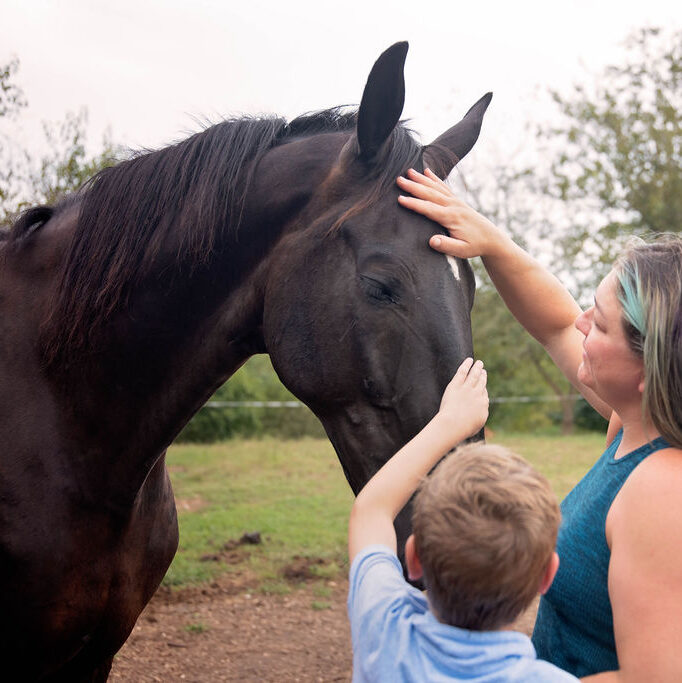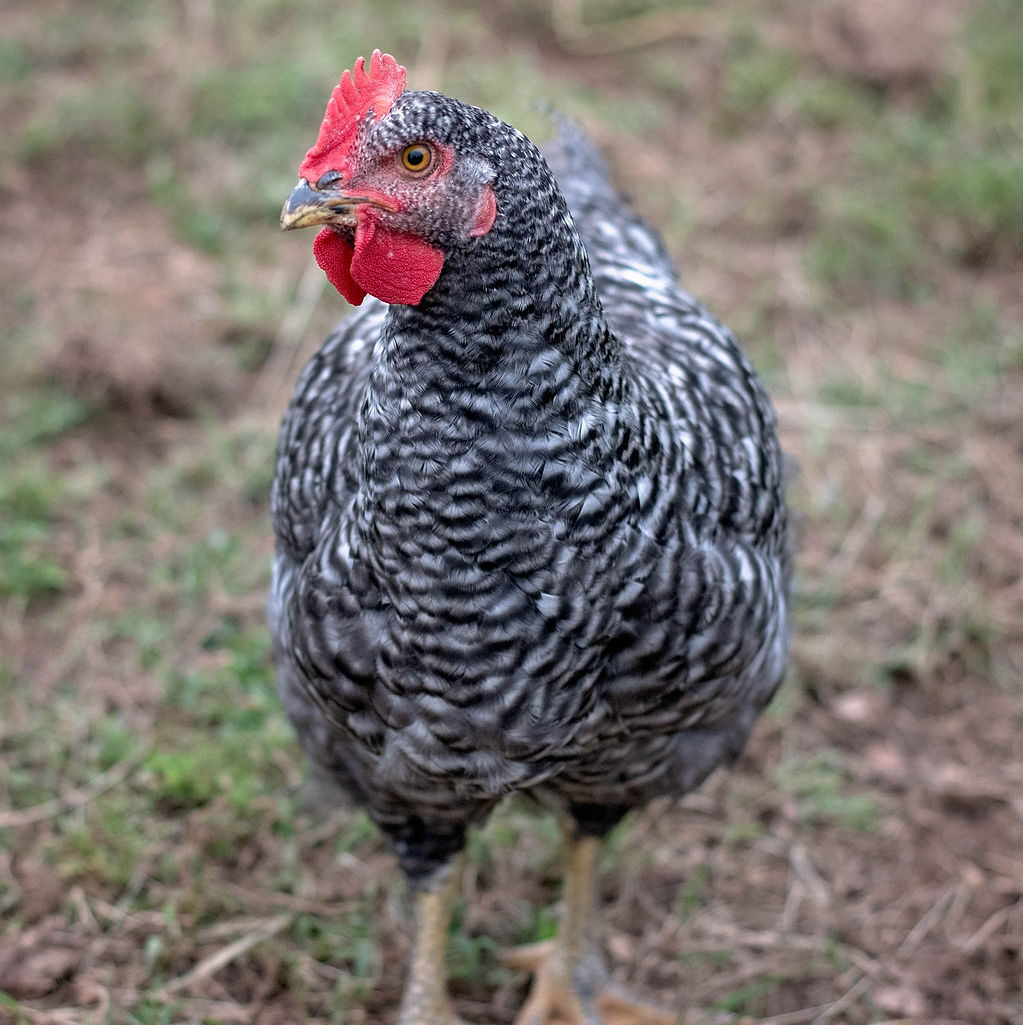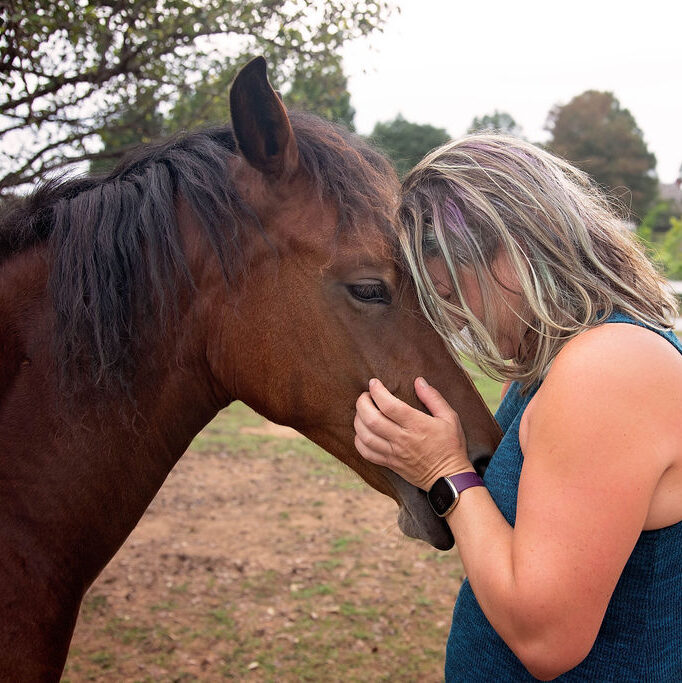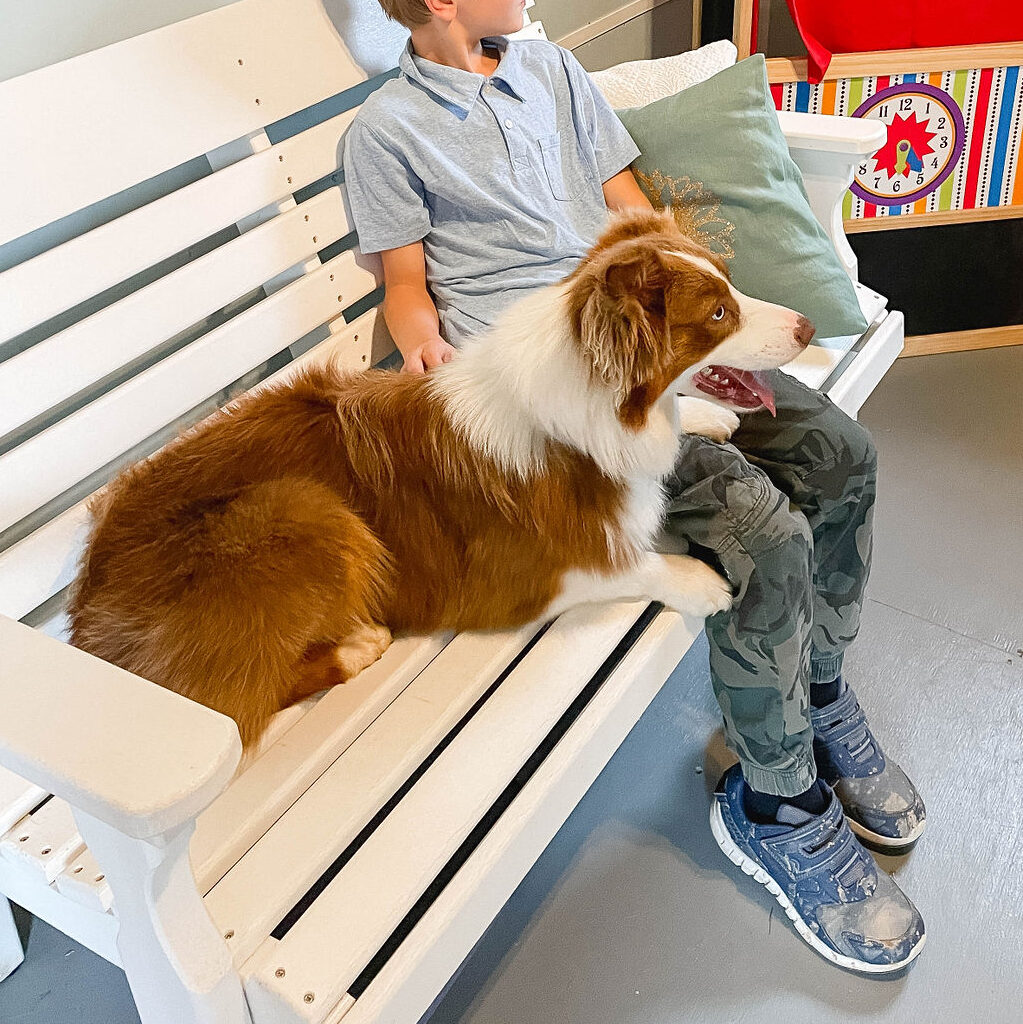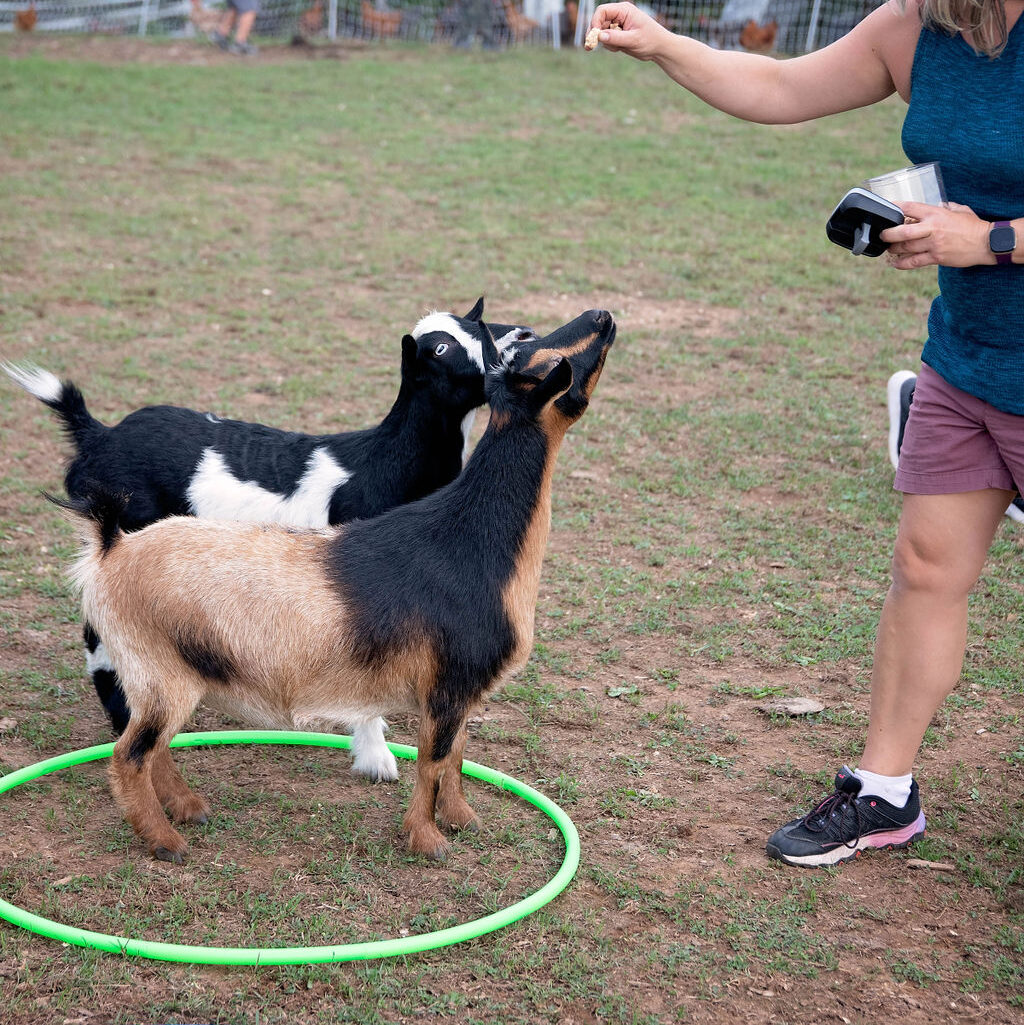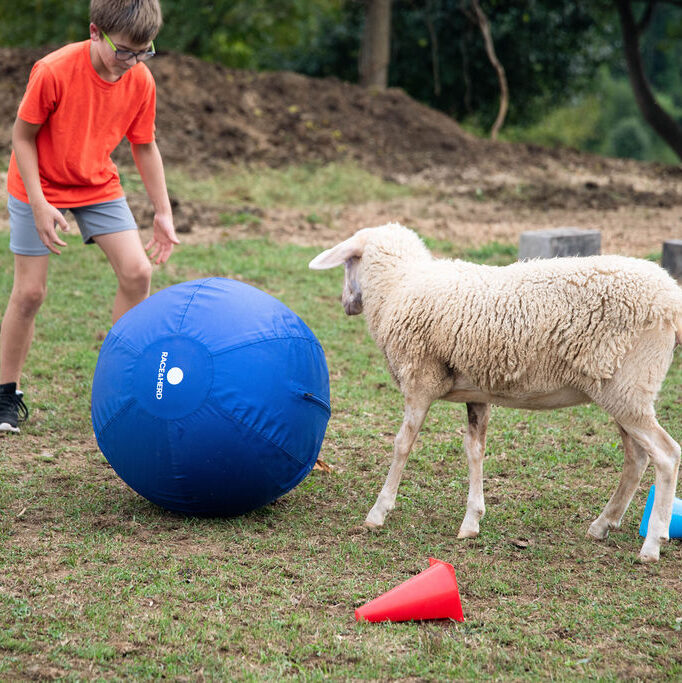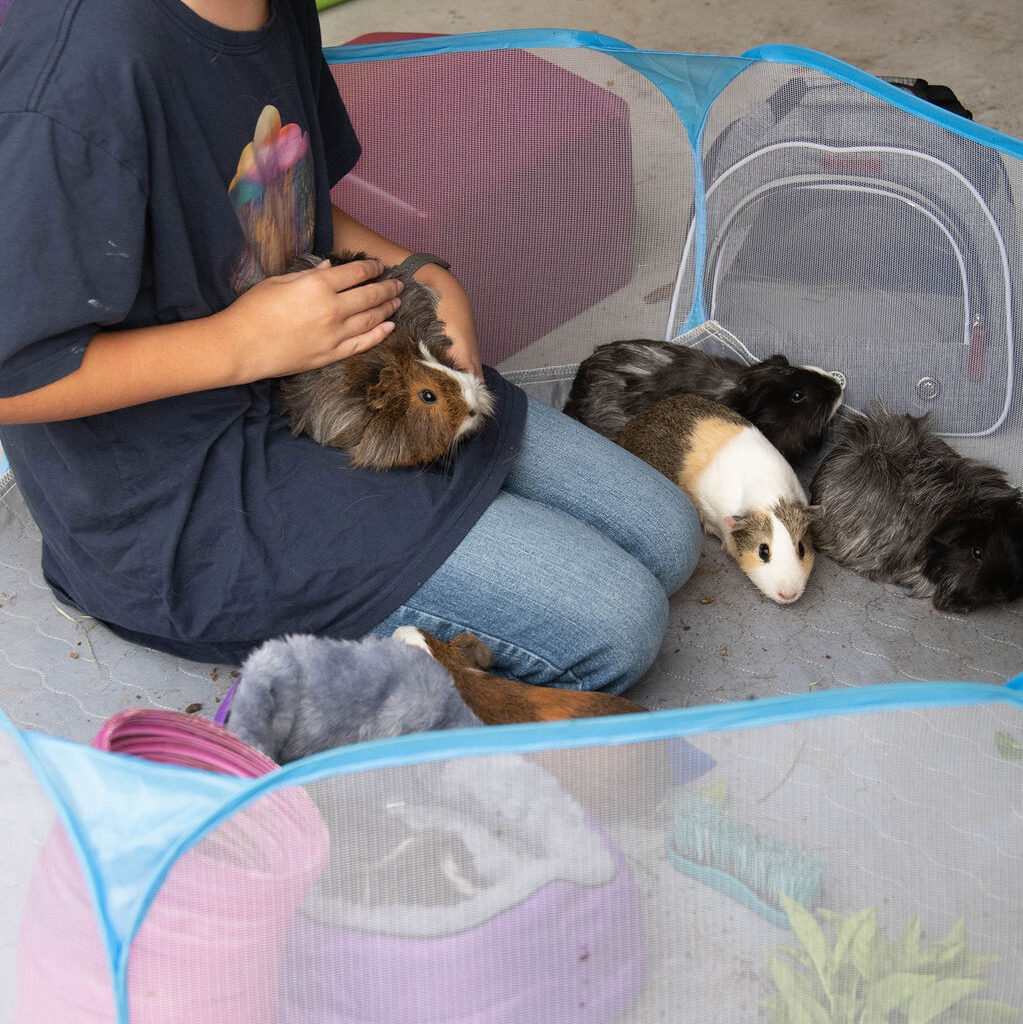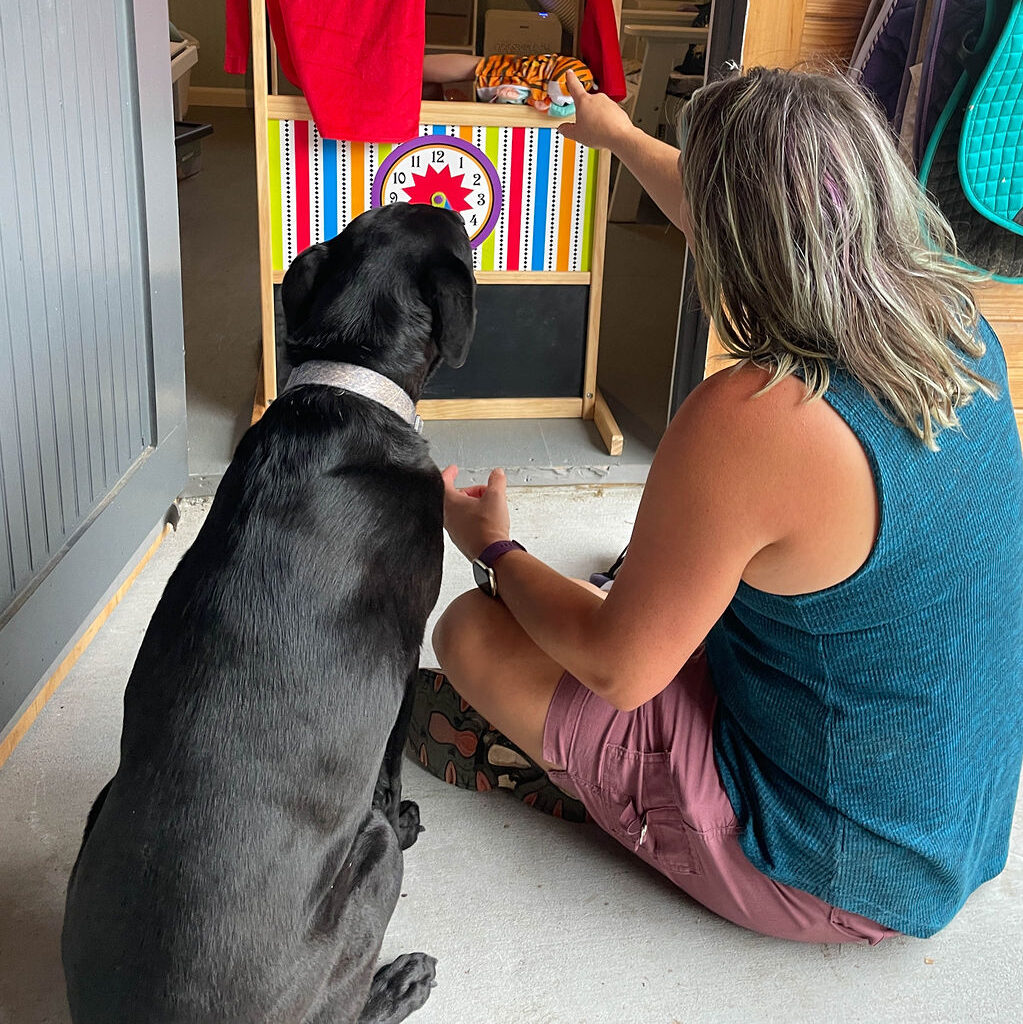Licensed Therapists
Danielle Pientka, LCSW-C
Maryland Certified Licensed Clinical Social Worker, License #15711 through 10/31/25
Danielle Pientka, LCSW-C received her Bachelor of Arts in Psychology in 2003, then her Masters of Science in Social Work in 2005. She has practiced in a variety of settings including foster care, juvenile services, schools, and private practice. She works with children, adolescents, adults, couples and families.
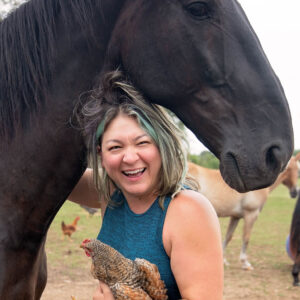
She uses a variety of techniques in therapy, but she has a special place in her heart for animal-assisted work. She prefers experiential, psychoeducational, and solution-focused therapy models as she finds that practicing healthy behavior and thoughts can have the most impact in helping us meet goals in therapy.
Training
As a social worker and therapist, I am required to take routine trainings called CEUs to stay up to date on the latest diagnostic criteria and therapeutic models. I also completed over 3000 hours of clinical social work experience and 144 hours of supervision hours to receive my LCSW-C. A lot of my experience has been with therapeutic models that are solution-focused and experiential. This is not the complete list of my trainings over the years, but focuses on trainings with information that I use frequently in my practice.
Animal-Assisted Therapy Trainings
- Animal-Assisted Play Therapy, Level 1 Training with Traci Faa-Thompson and Lucy Llewellyn (2023,
- EAGALA Training, Equine-Assisted Therapy (2007)
- EAGALA Conference, 2004:
- Recalibrating your EAP team
- Horse training simplicity
- Recovery from major mental disorders
- EAP as an education model vs a therapeutic model
- Experiential therapy: A safe stage to examine our human moments
- EAP business plan writing
- Head, heart and hands
- EAGALA Training, Equine-Assisted Therapy (2003)
- Animal Assisted Play Therapy with Maltreated Children and Their Families (2013)
- Animal-Assisted Interventions: Incorporating Animals in Therapeutic Goals & Treatments (2022)
- Animal-Assisted Play Therapy®: Meeting Clients’ Therapeutic Goals One Paw at a Time! (2022)
ADHD & Autism Focused Trainings
ADHD-Certified Clinical Services Provider (ADHD-CCSP) training included:
- Changing the ADHD Brain: Moving Beyond Medication (2023)
- Russell Barkley, Ph.D. on ADHD in Children and Adolescents: Advances in Diagnosis, Treatment and Management (2023)
- Rethinking ADHD: A New Treatment Approach (2023)
- ADHD, Relationships, and Sex: Strategies to Overcome the Over/Under-Functioner Dynamic (2023)
- Psychopharmacology: Essential Updates for Mental Health Professionals (2023)
- Adult ADHD: Targeting Executive Skills to Manage ADHD in Adults (2023)
- Extended Adolescence – When 25 Looks More Like 18: Clinical Strategies for Clients Struggling to Meet the Demands of Adulthood (2023)
- Identifying and Treating the 1 in 5 students with ADHD and Learning Disabilities who are Returning to School Misdiagnosed and Misunderstood (2023)
- CBT Strategies for Kids and Adolescents: Supporting Students with ADHD and Anxiety (2023, course focused on school refusal)
Other ADHD Trainings:
- Motivation, ADHD, and Learning (2024)
Autism:
- Abilities & Strengths-Based Autism Interventions: Help Clients Find Success in Education, Employment, Community, and More! (2024)
- Developing Core Competencies as an Autism Specialist through a Neurodiversity Lens (2023)
- A Practitioner’s Guide to Autism Assessment: A Strengths-Based Approach (2023)
- Pathological Demand Avoidance (PDA) and Play Therapy (2024)
Mindfulness:
- Mindfulness for Children and Teens: A Practical Approach (2023)
- Personalizing Mindfulness Meditation Practice: Finding the Right Fit for Clients (2023)
Other Trainings
- Food and Mood: A Therapist’s Guide to the Role of Nutrition in Mental Health (2021)
- The Ultimate Grief Therapy Treatment Toolbox (2021)
- The Art and Ethics of Talking about Death and Dying (2021)
- Tools of the Trade: Exploring Concrete Techniques that Promote Client Progress (2021)
- Glass Half Full: Exploring the Power of Positive Psychology (2021)
- Level 1 Training on Couples Therapy with the Gottman Institute (2011)
- Trauma, PTSD, and Grief (2013)
- Hardwiring Happiness: The Brain Science of Contentment, Calm, and Confidence (2013)
- Treating Complicated Grief in Children and Adolescents (2007)
- Comprehensive Child Therapy: Practical Approaches, Treatment, and Interventions
- Ntu Therapy Model, including instruction in deescalating conflict and family interventions (2006)
- Attachment Training with Adoptions Together
Read Reviews on: Google Maps | Yelp | WebMD | Vitals | DocSpot | ZocDoc
The Farm and Animals
The farm has a few different species of animals including horses, sheep, goats, guinea pigs, rabbits, chickens, and dogs. We discuss safety and animal temperament before working with a particular species.
Consent is an important part of the therapeutic process in animal assisted work, and it’s important that my animals consent and enjoy the work.
If the animal that the client is interested in is shy or scared to work with a client, we work on self regulating so that the animal feels more comfortable around them. But regardless, we accept the animals for who they are… different animals have different personalities, just like people- we don’t expect fish to fly or birds to swim. Most prey animals scare easily and we don’t teach them to not run away when they’re scared. It’s okay for them to be nervous!
I don’t believe that animals have magical healing powers or that the work is done by the animal in our sessions.
Animals are like people: We are all just trying to do our best to survive and thrive in a world that can sometimes be traumatic and tough and sad and difficult to navigate. Our life experiences shape who we are, and trauma may it harder for us to trust. We all have needs like shelter, food and safety that we need to meet before we can focus on personal growth. And expecting our animals to be perfect, model citizens just doesn’t accept them for who they are… I don’t expect my animals to be perfect anymore than I expect myself, my children, my spouse, or my clients. I think my favorite part of humans and animals are the little things that make them uniquely them. If we all did the exact same ‘right’ thing all of the time, life would be pretty boring!
I believe that the animals bring a few qualities to the sessions that benefit clients:
- They’re sensitive body language and mood, often able to sense things like heart rate, muscle tension around the eyes or mouth, and other aspects of us that may indicate that the person may be dangerous or scared or happy.
- They are honest about their reactions to us. They don’t lie. They don’t try to hide their reactions.
- They have unique ways of interacting with each other, with other animals, and with us.
- They give us something to pet or look at while we’re talking about hard things. The action of petting the animal can help us self regulate (while they also enjoy the experience!).
- They force us to prioritize self regulating so that we don’t scare them!
- We all have different qualities that attract us to a particular animal or person. Being aware of that helps us find ‘our people’ when it comes to social situations.
Training animals using clicker training is something that I love to incorporate into the work. This is a great way to learn positive reinforcement (excellent if you want to work on parenting skills), work on encouraging others, learning consistency and planning, and it helps relationship-build with the animal.
Here are some photos of our farm friends.
